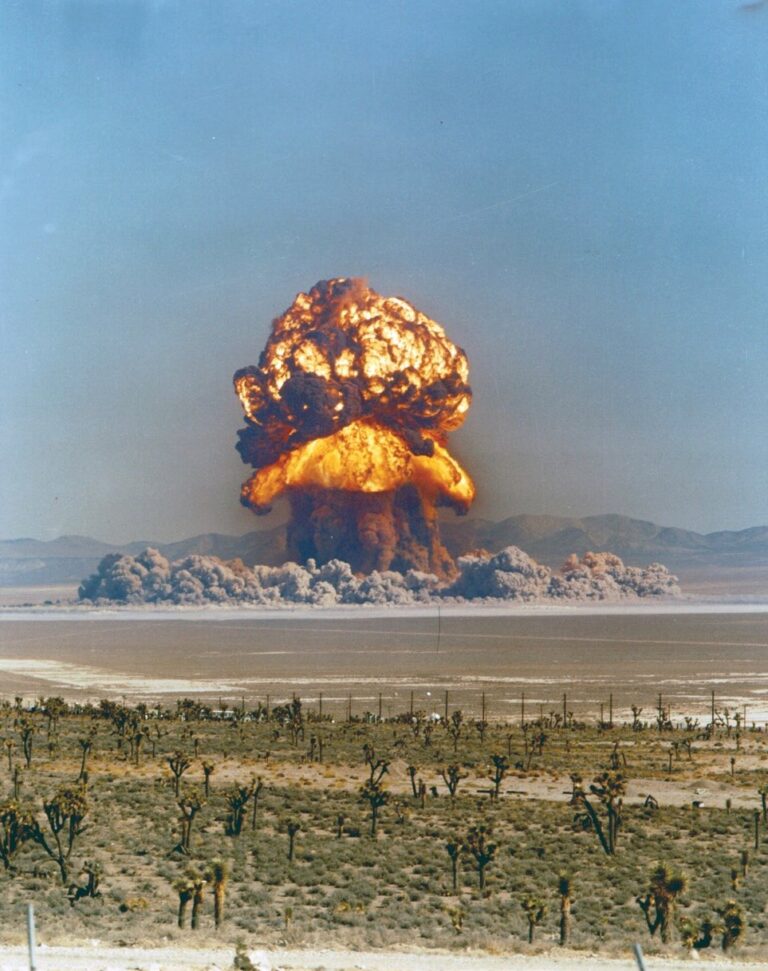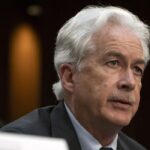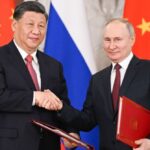Russian officials persist in threatening the West with nuclear weapons. However, the rhetoric has shifted from warnings of a direct strike on Western nations to suggestions of resuming nuclear tests within Russia’s own borders.
Andrey Kolesnik, a parliament member from the ruling party, recently proposed conducting a public nuclear test in Russia. He suggested that Russia might need to consider such a demonstration while speculating on the possibility of Ukraine deploying a “dirty bomb.” This false claim, which circulated widely in Russia before the invasion of Ukraine, was used to justify the necessity of attacking the country.
We believe that Russia’s nuclear threats always have a domestic political context. For example, in the case of former President Dmitry Medvedev, his rhetoric seems to stem from deep personal frustration, exacerbated by alcohol abuse and disillusionment with his diminishing political influence. As for Kolesnik, his talk of resuming nuclear tests reflects a broader trend in contemporary Russian politics, where radicalism is in high demand. In the lower ranks of Russian politics, competition often centers around who can propose the most extreme measures, which today are equated with patriotism.
The dominance of conspiracy theories blaming the West for the Ukraine war—and portraying Russia as fighting NATO—drives Russian politicians to make statements and take actions that demonstrate their readiness to oppose Western powers.

This is also why Russian state propaganda regularly resorts to nuclear threats, which are intended to compensate for the country’s technological, military, and economic shortcomings. Earlier, Margarita Simonyan, head of the state-run “Russia Today” influence operations center, suggested detonating a nuclear device over Siberia to disable satellites and electronics—both foreign and Russian—plunging the world back to 1993 in terms of technology. In this way, the Kremlin signals its willingness to sacrifice its own technological advancement to deprive the West of its military and economic advantages.
There is a clear correlation: the worse Russia’s situation on the global stage, the more frequently its politicians turn to nuclear rhetoric. The Kremlin likely believes that nuclear blackmail, as seen during the Cuban Missile Crisis, remains an effective way to influence Western powers, especially during election periods. Since 2014, the Kremlin has repeatedly used the threat of World War III in response to sanctions. Today, this form of intimidation is tied to international support for Ukraine. Halting military aid to Kyiv has been a top priority for the Kremlin since 2023. This has become even more critical as the West seems increasingly open to allowing Ukraine to use its weapons to strike targets within Russia.
We also believe that Russia’s nuclear threats are partly driven by doubts over the readiness of its own nuclear arsenal. As of 2023, reports from Russia’s Security Council indicated that only 12% to 14% of the country’s nuclear stockpile was fully operational. This figure was later revised down to 7%. Such uncertainty could prompt Russia to conduct tests on its own soil to verify the reliability of its arsenal and demonstrate its capabilities to the West.
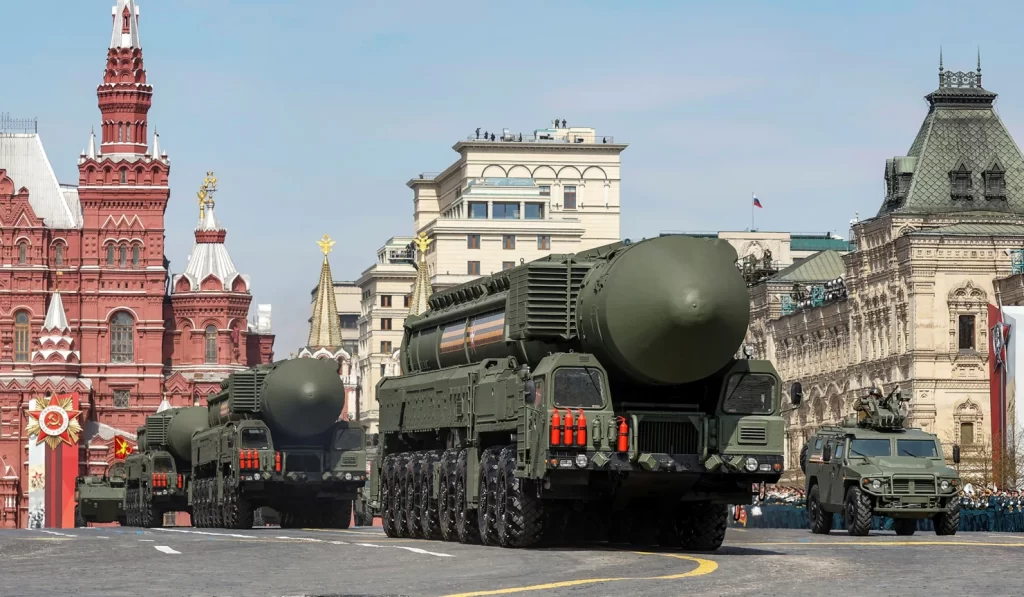
More on this story: Russia’s nuclear arsenal seems grossly exaggerated
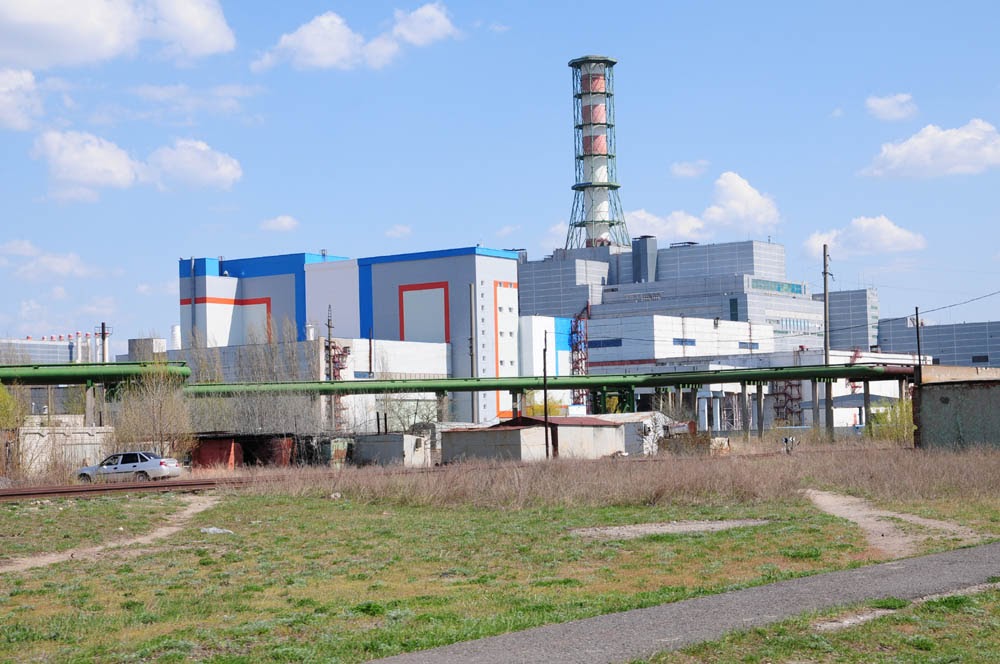
More on this story: Russia looking for reason to launch nuclear testing and total mobilization
In conclusion, resuming nuclear tests could be aimed at dispelling doubts about the operational status of Russia’s nuclear weapons.


